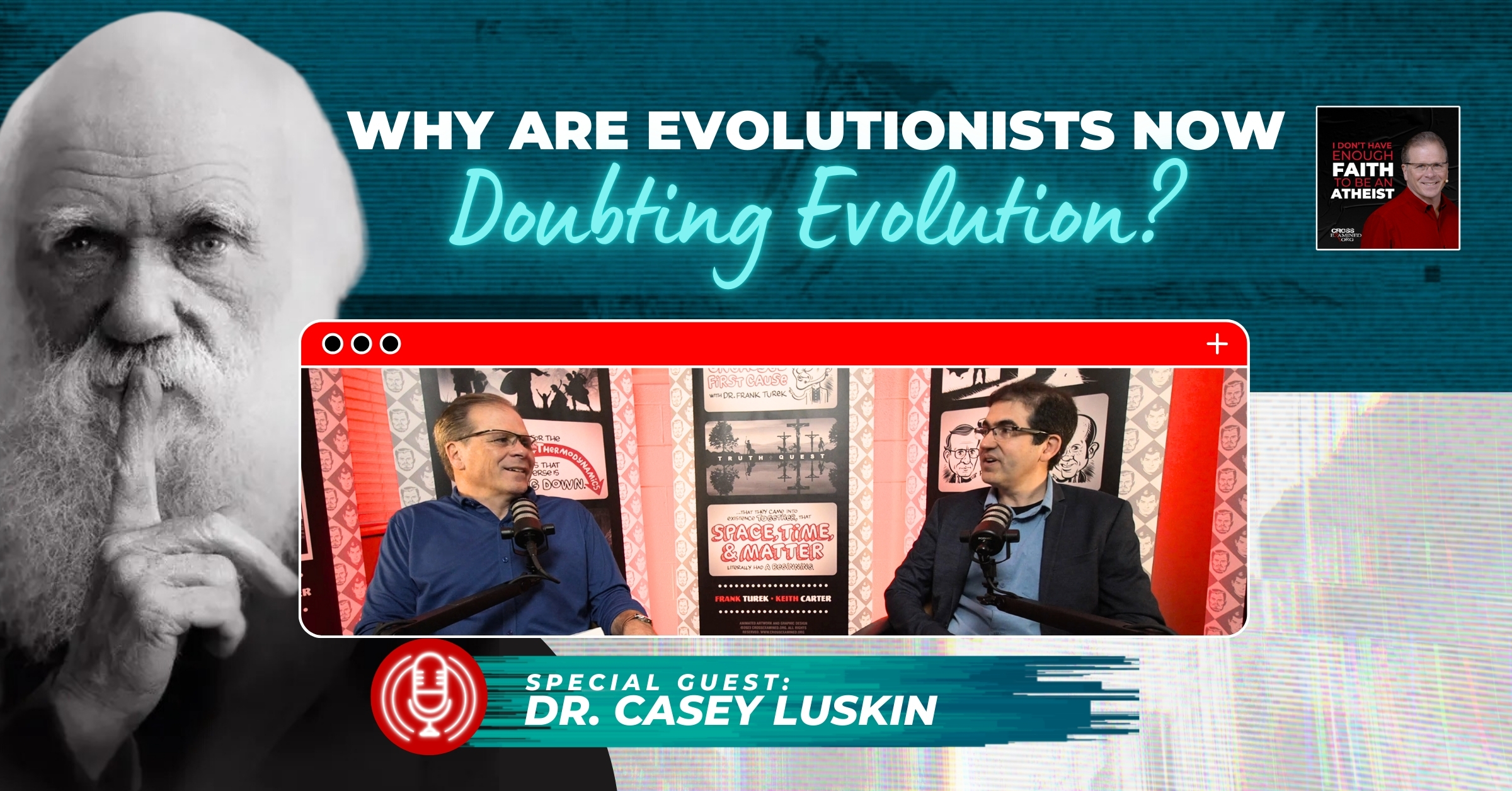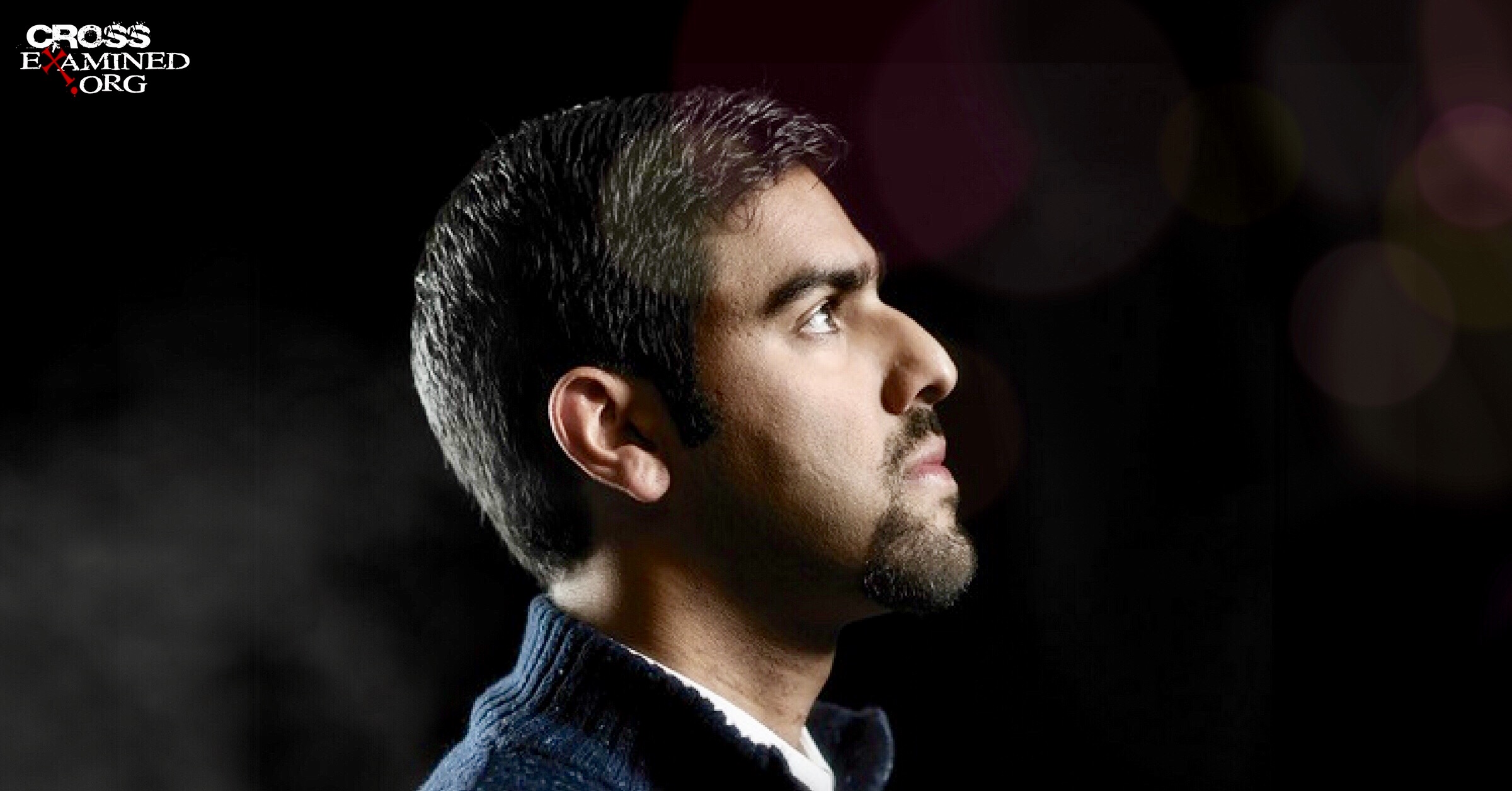Is Atheism a lack of belief in God?
It’s been fashionable lately for atheists to claim that atheism is “a lack a belief in God.” So when a theist comes along and says that atheists can’t support their worldview, some atheists will say something like, “Oh, we really don’t have a worldview. We just lack a belief in God. Since we’re not making any positive claims about the world, we don’t have any burden of proof to support atheism. We just find the arguments for God to be lacking.”
What’s lacking are good reasons to believe this new definition.
First, if atheism is merely a lack of belief in God, then atheism is just a claim about the atheist’s state of mind, not a claim about God’s existence. The “atheist” is simply saying, “I’m not psychologically convinced that God exists.” So what? That offers no evidence for or against God. Most people lack a belief in unguided evolution, yet no atheist would say that shows evolution is false.
Second, if atheism is merely a lack of belief in God, then rocks, trees, and outhouses are all “atheists” because they too lack a belief in God. It doesn’t take any brains to “lack a belief” in something. A true atheist believes that there is no God.
Third, most atheists don’t merely “lack a belief in God because they are constantly trying to explain the world by offering supposed alternatives to God. Atheists write book after book insisting that God is out of a job because of quantum theory, multiple universes, and evolution. While none of those atheistic arguments succeed in proving there is no God, they do prove that atheists don’t merely lack a belief in God — they believe in certain theories to explain reality without God.
They believe in those theories because atheism is a worldview with beliefs just as much as theism is a worldview with beliefs. (A “worldview” is a set of beliefs about the big questions in life such as: What is an ultimate reality? Who are we? What’s the meaning of life? How should we live? What’s our destiny? etc.) To claim that atheism is not a worldview is like saying anarchy is not really a political position. As Bo Jinn observes, “An anarchist might say that he simply ‘rejects politics,’ but he is still confronted with the inescapable problem of how human society is to organize itself, whether he likes the idea of someone being in charge or not.”
Likewise, atheists can say they just “reject God” but they are still confronted with the inescapable problem of how to explain ultimate reality. Just as anarchists affirm the positive belief that anarchy is the best way to organize society, atheists affirm the positive belief that atheistic materialism is the best way to explain ultimate reality.
In other words, atheists don’t “lack a belief” in materialism. They are not skeptical of materialism — they think it’s true! As Phillip Johnson said, “He who is a skeptic in one set of beliefs is a true believer in another set of beliefs.” Lacking a belief in God doesn’t automatically establish materialism any more than lacking a belief in atheism automatically establishes Christianity. No atheist would say that a Christian has made a good case because he “lacks a belief” in materialism!
Everyone has the burden of proof to support his or her position. Atheists must make a positive case that only material things exist. That’s why instead of debating “Does God exist?” I prefer to debate the question “What better explains reality: atheism or theism?” Then it’s obvious that both debaters have the burden of proof to support their position. Atheists can’t just identify what they think are deficiencies in theism. They must make a compelling case that everything has been caused by materials and consists only of materials, including:
• The beginning of the universe
• The fine-tuning of the universe
• The laws of nature
• The laws of logic
• The laws of mathematics
• Information (genetic code)
• Life
• Mind and consciousness
• Free will
• Objective morality
• Evil
It’s rare to find an atheist attempting to explain more than one or two of these things materially. How could they? How can laws be materials? The new atheists must provide reasons to support their belief that materialism is true. Simply lacking a belief in God doesn’t prove their worldview.
Finally, the “I merely lack a belief in God” definition leads to a contradictory result. As Dr. Richard Howe points out, “This definition of atheism entails the quirky conclusion that atheism is logically compatible with theism.” Here’s why: If lacking a belief in God is the definition of “atheism” — and not “there is no God” — then “atheism” is true even if God really exists. How is that reasonable?
We shouldn’t allow atheists to hide behind that lacking definition. A true atheist is someone who believes there is no God. And atheists have the burden of proof to show how materialism is true and reality can be explained without God.
Dr. Frank Turek (D.Min.) is an award-winning author and frequent college speaker who hosts a weekly TV show on DirectTV and a radio program that airs on 186 stations around the nation. His books include I Don’t Have Enough Faith to be an Atheist and Stealing from God: Why atheists need God to make their case.












Leave a Reply
Want to join the discussion?Feel free to contribute!